Photographs: Dominicp/ Creative Commons Courtesy: Gud2Eat.com
Energy drinks are commercially processed drinks that may contain B vitamins, amino acids (taurine or others), herbal stimulants (ginseng) sugar or sugar free sweeteners and caffeine.
Most energy drinks can provide a temporary energy boost but that may be because of its caffeine and high sugar content.
Energy drink though touted to help weight loss contain high amounts of sugar or caffeine and drinking extra sugar is counter-productive to your weight loss goals.
Too much caffeine can lead to irritability, insomnia, nervousness, rapid heart beat and increased blood pressure. Effects of caffeine are magnified when you drink an energy drink on any empty stomach.
Are energy drinks effective?
Photographs: Courtesy: Gud2Eat.com
Is it ok to mix energy drinks with alcohol?
Avoid mixing alcohol with energy drinks as it can blunt the feeling of intoxication, which may lead to a heavier drinking spree.
Both alcoholic beverages and caffeinated drinks are diuretics that may lead to dehydration.
Are energy drinks effective?
Photographs: Yarnalgo/ Creative Commons
What is the difference between sports drinks and energy drinks?
Sports energy drinks are promoted as fluid replacements or imply better performance for athletes.
Most sports drinks contain caffeine and some amount of carbohydrates that helps fight fatigue and electrolytes that is essential for hydration and muscle function.
Are energy drinks effective?
Photographs: Katonams/Creative Commons
How to fight fatigue?
Get adequate sleep and include physical activity in your daily routine and get a nutritional dense energetic boost by eating fruits, vegetables, nuts, dairy products and whole grain foods.
Water requisites are unique and vary depending on exercise intensity, duration, weather, sweat rates and lifestyle habits.
You should drink some water before exercise (8 oz) some in between exercising (4 – 6 oz) and some after exercising (16 oz).
Also read: Ten ways to perk up your morning
Are energy drinks effective?
Photographs: USDA photo by Scott Bauer. Image Number K7237-8/Wikimedia Commons
Natural energy drinks
Energy means calories. Drinking fresh fruit juices, low-fat milk, or glass of plain water will help you not only fight fatigue but deliver multiple health benefits.
For eg, coconut water can help restore electrolyte balance.
Also read: Fatigue fighters: 10 foods that boost energy
Are energy drinks effective?
Photographs: Sebastian Mary/Creative Commons
Energy drink contains Taurine. What is Taurine?
Taurine is an amino acid with antioxidant properties and helps regulate the level of water and mineral salts in the blood plus supports neurological development.
Many studies suggest that Taurine supplementation may improve athletic performance. Taurine is commonly found in fish like Salmon or Cod.
Also read: Are you eating a healthy diet?
Are energy drinks effective?
Photographs: Chossne/Wikimedia Creative Commons
When do we suffer an electrolyte and energy deficit?
Average exercise routines that include an hour of yoga or 45 minutes of spinning or a 30 minute run will not cause electrolyte imbalance or major energy deficits.
Rigorous or strenuous workouts for more than 60 minutes or a 50 mile run will require the athlete to replace the depleted electrolytes balance and maintain proper hydration levels in the company.
Also read: The five best foods after exercise

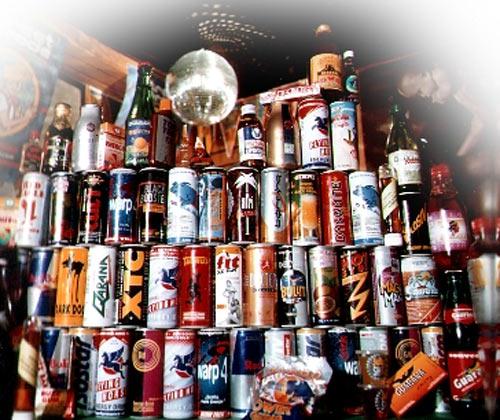
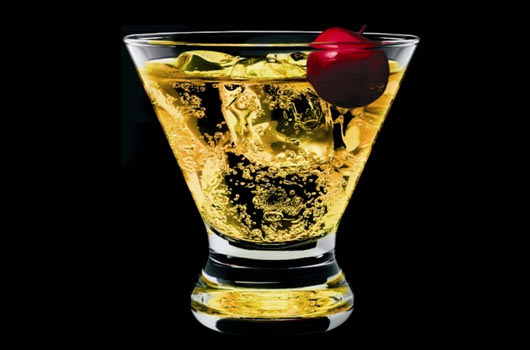
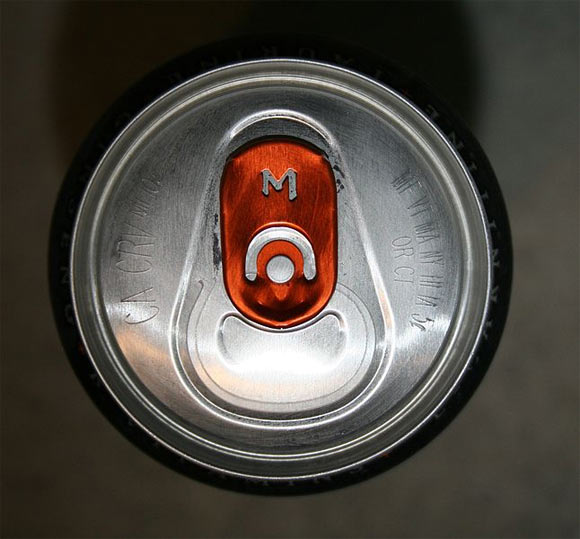
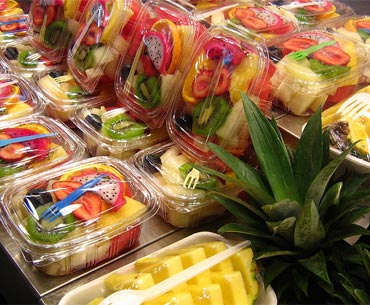
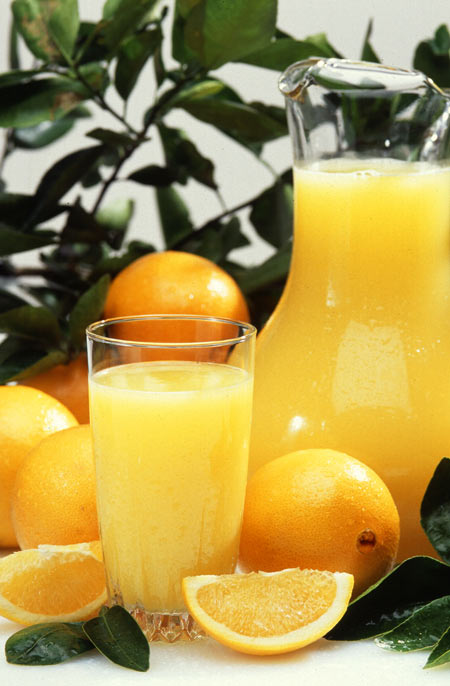
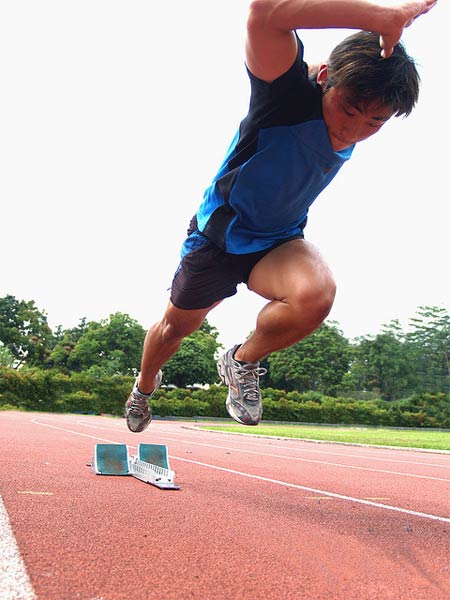

Comment
article